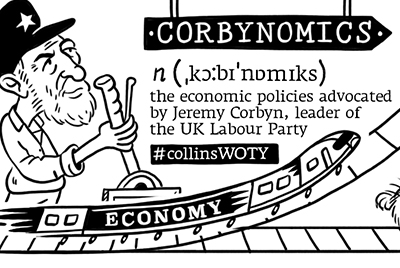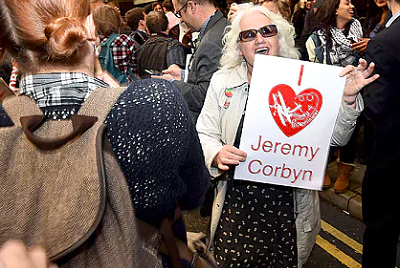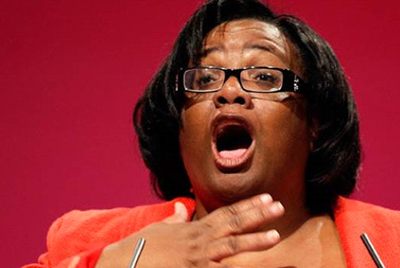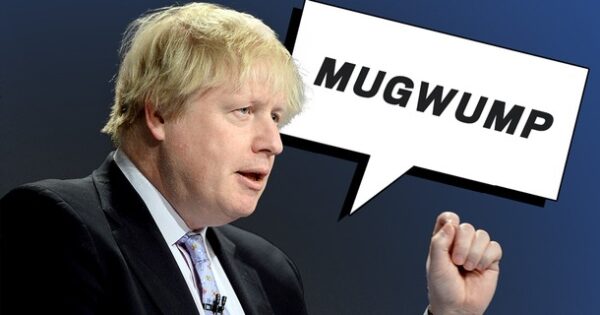Do you know your filibuster from your flugie? As the 2017 General Election campaign comes to a close, we take a look at some of our favourite political words and phrases from this year’s campaign and from those that came before.
Mayism
noun the policies promoted by UK Prime Minister Theresa May. EG: The prime minister also presents a conundrum, for what is Mayism, beyond a vehicle for delivering a demi-Brexit while calling it a full one?

Corbynomics
noun the economic policies advocated by Jeremy Corbyn, leader of the UK Labour Party

mugwump
noun a neutral or independent person, especially in politics

magic money tree
noun a notional source of finance from which irresponsible politicians may claim to be able to fund public spending without any negative consequences

Maybot
noun Theresa May, characterized as being robotic; coined by journalists due to the prime minister’s repetition of key phrases, such as “strong and stable”, during the election campaign

Corbynista
noun an enthusiastic supporter of Jeremy Corbyn

Brexit
noun the withdrawal of the United Kingdom from the European Union

filibustering
noun the act of making a long, slow speech in order to use up time so that a vote cannot be taken and a law cannot be passed
Milifandom
noun enthusiasm for Ed Miliband; more specifically, a group following the Twitter hashtag “Milifandom”

bafflegab
noun intentionally confusing jargon used by politicians and officials

gerrymandering
noun the act of altering political boundaries in order to give an unfair advantage to one political party or group of people
Bradley effect
noun the distortion of opinion polls caused by the reluctance of respondents to admit to a preference that is regarded as socially unacceptable
hustings
noun political campaigning
Flugie
noun (US slang) a rule that only helps the maker of the rule, and can be changed to prevent it being used by an opponent
snollygoster
noun (US slang) a politician who cares more for personal gain than serving the people
By Collins Dictionary



